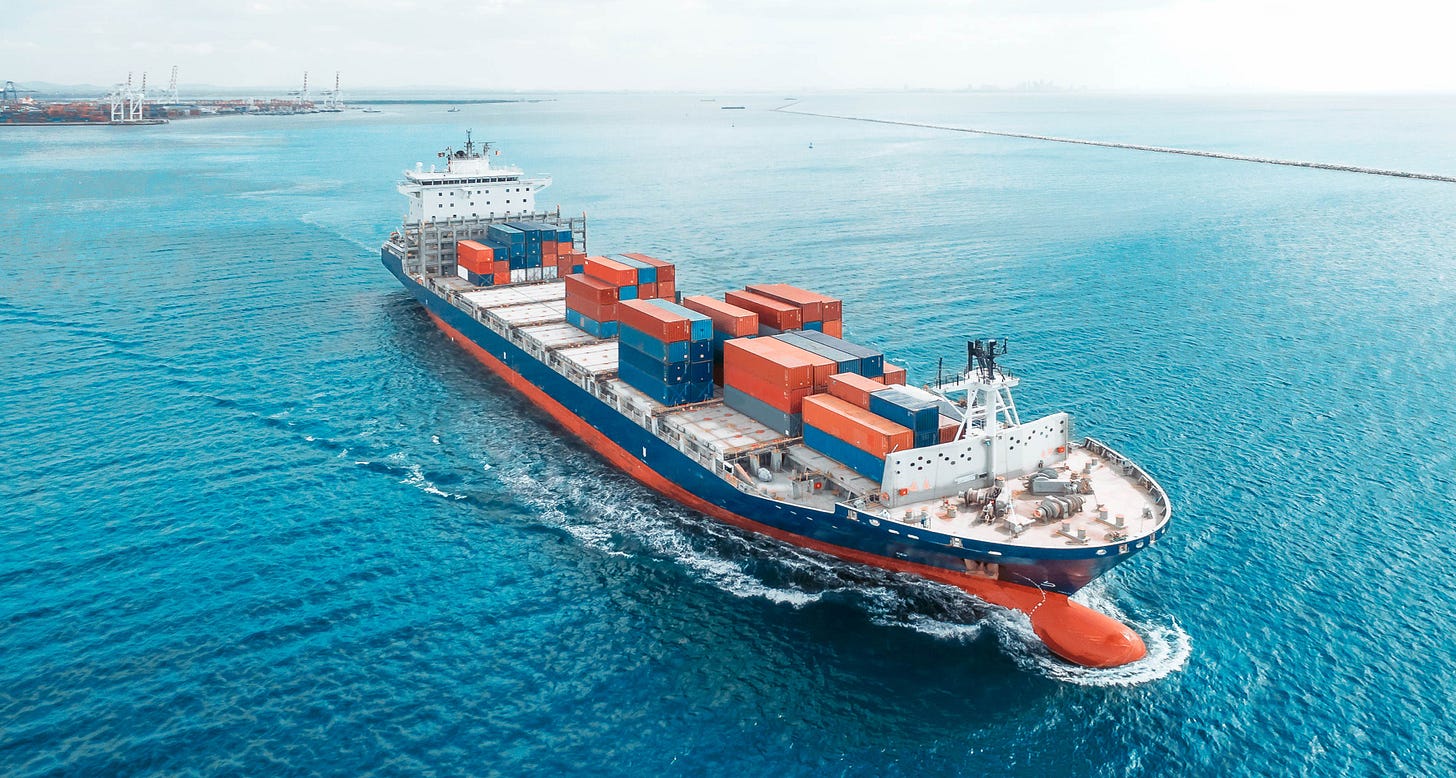Has globalization backfired for the west?
It depends on whether or not you view global economic competition as a zero-sum game
If you take a zero-sum view of the world and geopolitics, then the globalization trend of the past three plus decades has been a net negative for “the West” as this question will be judged on the basis of whether the West has maintained its share of the global economy. Taking the United States as a directional proxy, America’s share of global economic output has fallen from around one-quarter in the late 70s to less than one-fifth today. This has largely been driven by the rapid rise of China, India and much of the developing world, which has more than offset continued growth in prosperity in the West as well as the adoption by many former Communist Bloc countries of liberal democratic systems that seem to define what most people think of as “the West”.
If you do not view things from a zero-sum perspective, then globalization has been a net positive, although as with any major disruptive change there have been both winners and losers. But by and large, the lives of a vast majority of folks in the West are much better off today than they were three decades ago, especially when taken from an absolute perspective. And despite what one might read in the news, I think the world is on balance a far more stable place with several hundred million Chinese and Indians integrated into the international economy as members of a global middle class instead of languishing in abject poverty.

Personally, I am in the second camp. I believe that the world of the early 21st century is a lot less zero-sum than it was in the early 20th century – after it had just gone through the first globalization of the modern era. A hundred years ago, economic output and wealth were determined far more by the ownership and acquisition of natural resources and physical output and playing this game is much more zero-sum and winner-take-all. Hence Colonialism as the dominant ethos of that era, for the benefit of the Colonizers and much to the detriment of the Colonized.
Today, economic output and wealth are created primarily by unleashing the productivity of human capital/ingenuity and the continuous process of re-organizing an economy and allocating its resources in an increasingly efficient manner. In this game, the winners tend to be the ones that take a collaborative and partnership approach vs. one an adversarial one. And because much of this type of wealth can be created literally out of thin air, even the relative losers can be much better off in absolute terms. This does not mean that countries and economies will avoid all conflict, or that natural resources do not matter anymore, but it certainly helps mitigate the more extreme elements of humanity’s natural Machiavellian tendencies.
And that gives me some cause for optimism that this current wave of globalization will result in a much better outcome than the last time around.
This was originally published on Quora in May 2016.
